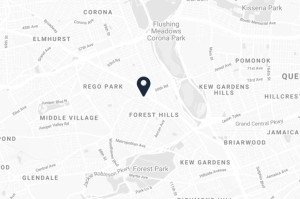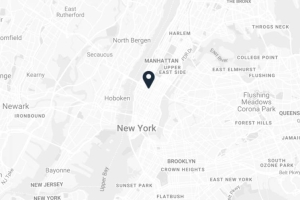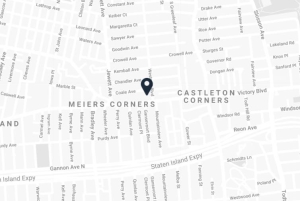Practice Areas – New York Personal Injury Attorneys
If you need help with a case, our team of expert personal injury lawyers in NYC can help with the following case types – call today for a case review & consultation.
Premises Liability Accidents
- Slip and Fall Accidents
- Queens Slip and Fall Accidents
- Staten Island Slip and Fall Accidents
- Sidewalk Accidents
- Elevator & Escalator Accidents
- Stairway Accidents
- Ice & Snow Sidewalk Accidents
- Apartment Complex Accidents
- Parking Lot/Parking Garage Injuries
- Municipal Liability
- New York Lead Paint Attorney
Nursing Home Neglect & Abuse
Personal Injury Lawyers
Motor Vehicle & Road Accidents
- Queens Car Accidents
- Staten Island Car Accidents
- Queens Truck Accidents
- Staten Island Truck Accidents
- Motorcycle Accidents
- Staten Island Motorcycle Accidents
- Queens Pedestrian Accidents
- Staten Island Pedestrian Accidents
- Bicycle Accidents
- Ridesharing Accidents
- Drunk Driving Accidents
- Distracted Driving Accidents
- Bus Accidents
ARE YOU FACING A SERIOUS LEGAL ISSUE? WE CAN HELP; TALK TO US NOW.
We provide a free, no-obligation case evaluation and handle all personal injury cases on a contingency fee basis. Call (718) 275-7779 at any time to arrange an initial consultation. You may also use our convenient email contact form to request a return call about your case.



